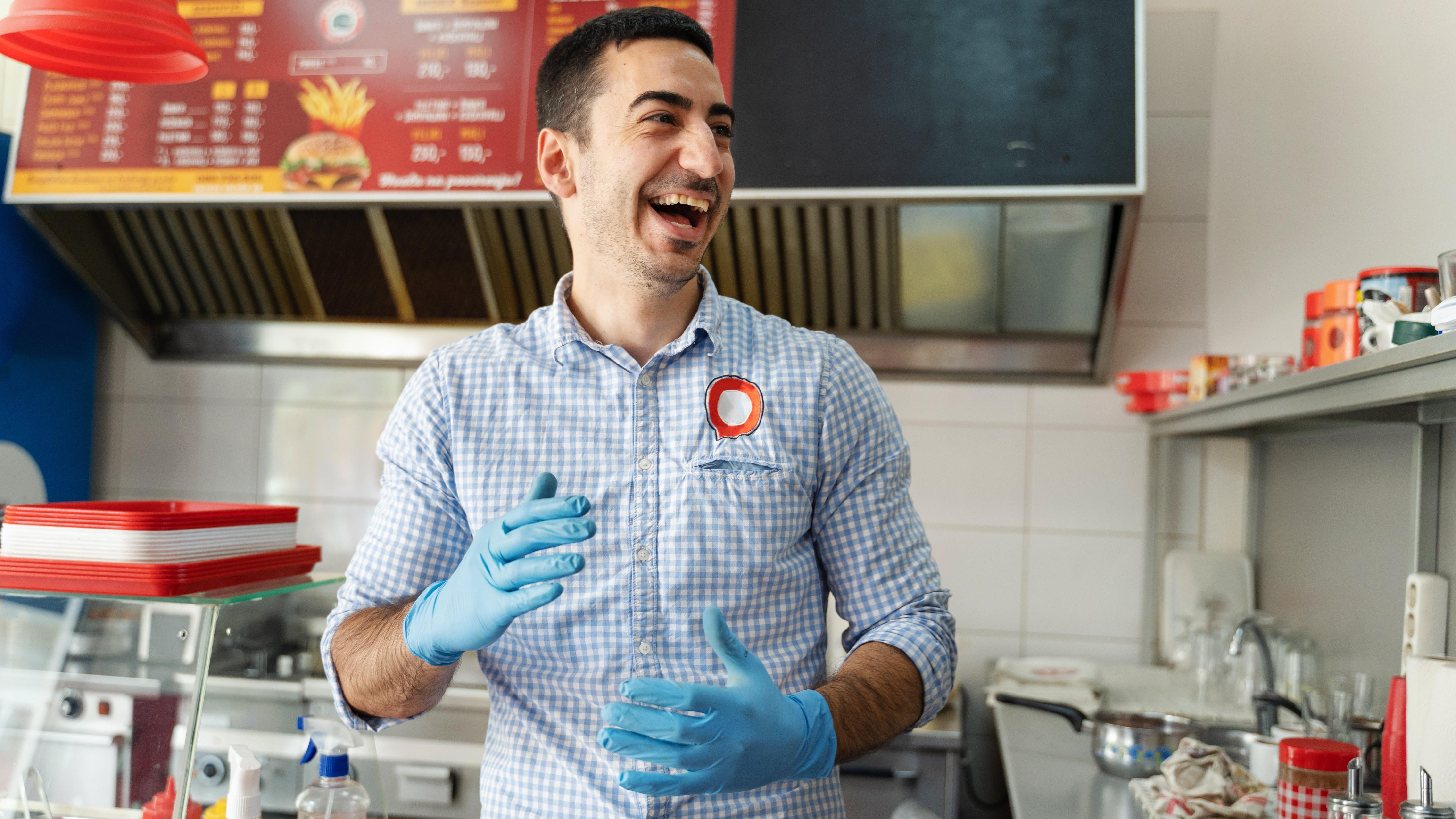What All The Best Brands To Work For Have In Common
These chains keep customers happy, but how do they keep employees happy?
For the service industry, specifically food service, the pandemic put not only a strain on resources but also on staffing. To put it plainly, there has been a labor shortage in the service industry for months: The U.S. Bureau of Labor Statistics reports there are 1.3 million vacancies in the food industry. Despite this, some restaurants have been able to retain staff and keep the ship running better than others.
QSR Magazine reports on what the 25 best brands to work for are doing right, setting an example for other employers in the food industry. As for QSR's methodology, the magazine "polled restaurant brands and outside experts for submissions and then had a panel of industry pundits make their picks." Here's what they found.
The best brands to work for, and how they keep their employees
Among the 25 best chains to work for, some commonalities are clear. If these benefits seem like obvious strategies for employee retention, consider how relatively rare it is for a workplace to enact all of them at once:
- Competitive pay: In-N-Out pays an hourly wage of $17 an hour, Shake Shack offers about $15 an hour as its starting wage, and Portillo's average crew wage is about $12. Though pay can vary by state, what the top companies have in common is that their base pay is well above the federal minimum wage of $7.25 an hour.
- Personal development: Educational opportunities and tuition reimbursement are perks that many employers on QSR's roundup have in common. CEC Entertainment (the company that owns Chuck E. Cheese, Peter Piper Pizza, and Pasqually's Pizza and Wings) offers 40% off college tuition for employees and immediate family members as well as scholarship opportunities. Raising Cane's also offers tuition reimbursement as well as a fully funded high school diploma program.
- Opportunities for internal advancement: Across the board, the best food brands have a clear path for professional growth within their respective companies. Culver's, for example, not only offers e-learning courses, workshops, and training for crew members to move up within the company, but also offers a mentorship program to get there. The program matches an aspiring franchise owner with someone to guide them through the process of opening a restaurant.
- Work-life balance: The best employers understand that the job cannot be a person's entire life, nor should it be. Work-life balance is crucial to prevent burnout, and that's something Blaze Pizza seems to grasp. Flexible schedules and unlimited PTO are just some of the benefits the pizza chain offers employees, as well as a focus on individuality. The brand's "Free to Be You" motto means that employees can dress how they like, have visible tattoos and piercings, and wear whatever hairstyle pleases them without worrying about going against company policy. It's a small but significant aspect of company culture; Wendy's and Raising Cane's are among other brands that offer these benefits and others, such as adoption assistance and paid parental leave.
With all of America's restaurant chains scrambling to bring up their number of new hires, many of them might not be placing proper focus on retaining the employees they already have. It's an approach that takes more long-term planning and oversight, sure, but as QSR's top 25 restaurants (and common sense) demonstrate, treating employees like the human beings they are is always the best policy.
